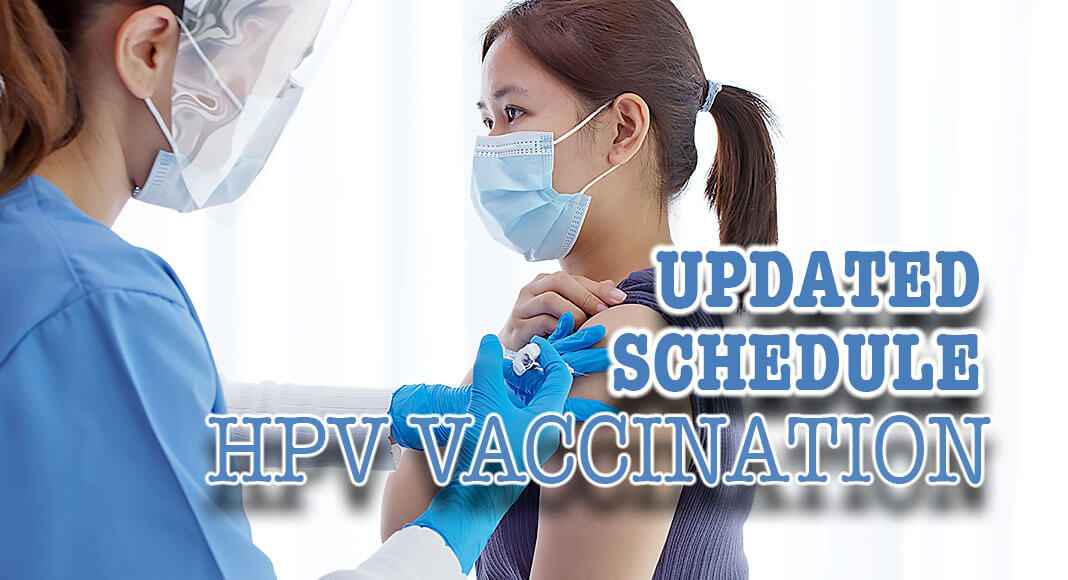
Mega Doctor News
WORLD HEALTH ORGANIZATION – In a new position paper published last week, WHO has updated its recommendations for the human papillomavirus (HPV) vaccine. Of particular note, the paper states that a single-dose schedule, referred to as an alternative, off-label single–dose schedule can provide a comparable efficacy and durability of protection to a two-dose regimen. The recommendation for alternative single-dose scheduling was initially made by WHO’s independent expert advisory group, SAGE in April 2022.
The position paper is timely in the context of a deeply concerning decline in HPV vaccination coverage globally. Between 2019 and 2021, coverage of the first dose of HPV vaccination fell by 25% to 15%. This means 3.5 million more girls missed out on HPV vaccination in 2021 compared to 2019.
The optimization of the HPV schedule is expected to improve access to the vaccine, offering countries the opportunity to expand the number of girls who can be vaccinated and alleviating the burden of the often complicated and costly follow-up required to complete the vaccination series. It’s vital that countries strengthen their HPV vaccination programs, expedite implementation and reverse the declines in coverage.
WHO now recommends:
- A one or two-dose schedule for girls aged 9-14 years
- A one or two-dose schedule for girls and women aged 15-20 years
- Two doses with a 6-month interval for women older than 21 years
The position paper underscores the importance of vaccinating as a priority immunocompromised people, or those living with HIV. Immunocompromised individuals should receive at a minimum two doses and where possible three doses.
The primary target of vaccination is girls aged 9-14, prior to the start of sexual activity. The vaccination of secondary targets such as boys and older females is recommended where feasible and affordable.
Cervical cancer is the fourth most common type of cancer in women, and more than 95% of cervical cancer is caused by sexually transmitted HPV. Averting the development of cervical cancer by increasing access to effective vaccines is a highly significant step in alleviating unnecessary illness and death.










